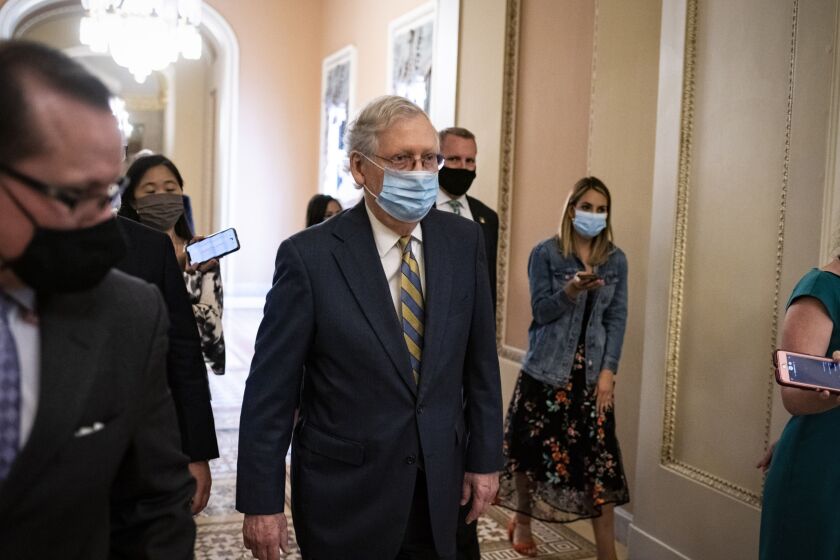Visa is delaying previously announced interchange and fee changes until April 2021, except for changes in the supermarket category, which will remain on the same schedule.
That’s the same month to which Visa and American Express have pushed back gas station EMV migration deadlines. The previous EMV deadline for gas stations was October.
“We believe this is the right decision to ensure the long-term stability of the digital payments ecosystem,” Visa said in an announcement, which also publicly confirmed its gas station EMV delay.
The delays show the dramatic impact the coronavirus has had on long-standing technology issues that require multiyear implementations, such as finishing the migration to chip and PIN cards, or rolling out new standards for faster payment processing.
These moves involve complex projects and investments that have been hindered as the virus has curtailed travel, temporarily closed businesses and disrupted supply chains.
Merchants and the card networks have fought over interchange fees for years, with numerous court battles over interchange’s effect on competition for payment processing. Both Visa and Mastercard floated new changes as early as February 2019, causing a new round of pushback.
Senate Majority Leader Mitch McConnell on Tuesday blocked an attempt by Democrats to force quick action increasing direct stimulus payments to $2,000 as President Donald Trump warned that failing to act now amounted to a “death wish” by Republicans.
With only a few days to go before the end of a difficult year, some accountants and tax professionals are still hoping to finish up some perplexing issues for their clients before New Year’s Day.
Republicans will likely block Democrats’ attempts to have the Senate follow the House in boosting stimulus payments for most Americans to $2,000, even though President Donald Trump backs the bigger checks.
Visa in February said it would update fees, with some fees going down while fees for card-not-present, mobile and premium cards going up. As the coronavirus took hold, merchant groups started to push for a delay, contending the fee changes would disrupt businesses at a time of lower payment volume.
“This is positive news for the merchant community as it gives them needed relief from incremental expenses of accepting payments,” said John Drechny, CEO of the Merchant Advisory Group, in an email. “We appreciate Visa hearing the concerns from the merchants and moving in a direction which provides relief.”





